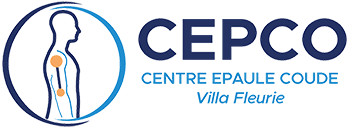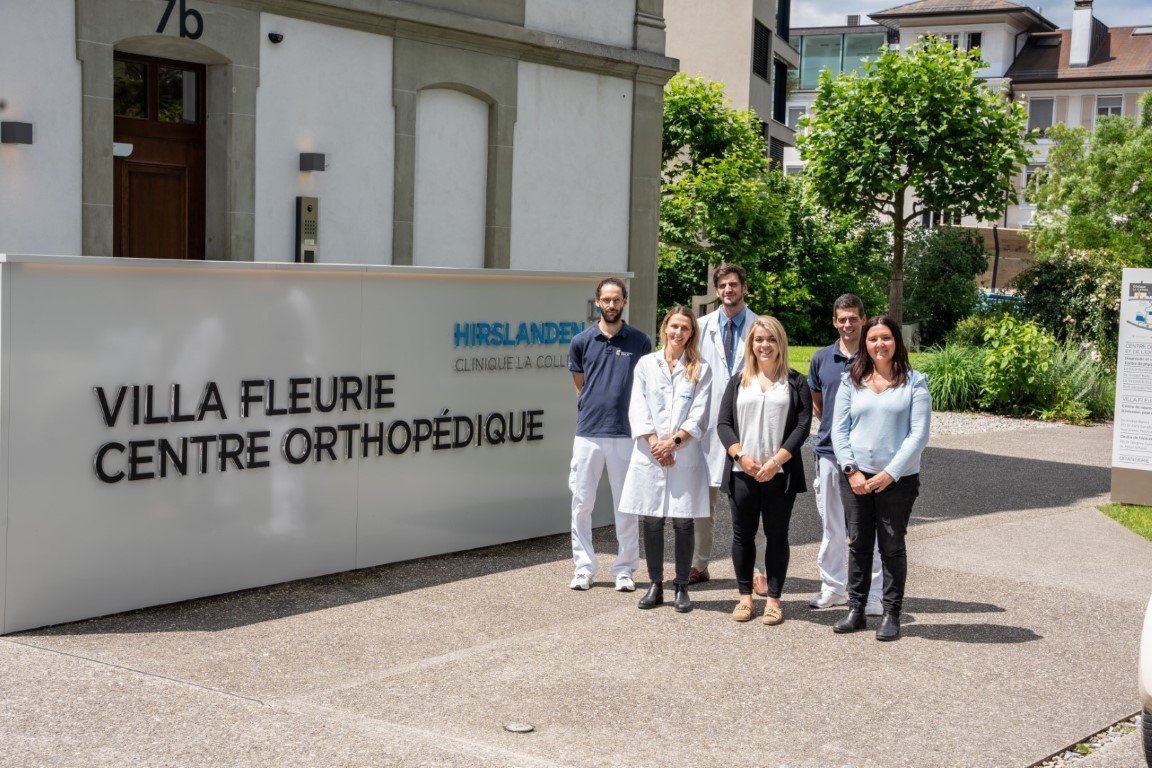Publication: Sci Rep. 2017 Mar 29;7(1):498. doi: 10.1038/s41598-017-00518-9.
Co-authors: Zanchi D, Cunningham G, et Al.
Abstract:
Shoulder apprehension is more complex than a pure mechanical problem of the shoulder, creating a scar at the brain level that prevents the performance of specific movements. Surgery corrects for shoulder instability at the physical level, but a re-dislocation within the first year is rather common. Predicting which patient will be likely to have re-dislocation is therefore crucial. We hypothesized that the assessment of neural activity at baseline and follow-up is the key factor to predict the post-operatory outcome. 13 patients with shoulder apprehension (30.03 ± 7.64 years) underwent clinical and fMRI examination before and one year after surgery for shoulder dislocation contrasting apprehension cue videos and control videos. Data analyses included task-related general linear model (GLM) and correlations imaging results with clinical scores. Clinical examination showed decreased pain and increased shoulder functions for post-op vs. pre-op. Coherently, GLM results show decreased activation of the left pre-motor cortex for post-surgery vs. pre-surgery. Right-frontal pole and right-occipital cortex activity predicts good recovery of shoulder function measured by STT. Our findings demonstrate that beside physical changes, changes at the brain level also occur one year after surgery. In particular, decreased activity in pre-motor and orbito-frontal cortex is key factor for a successful post-operatory outcome.




